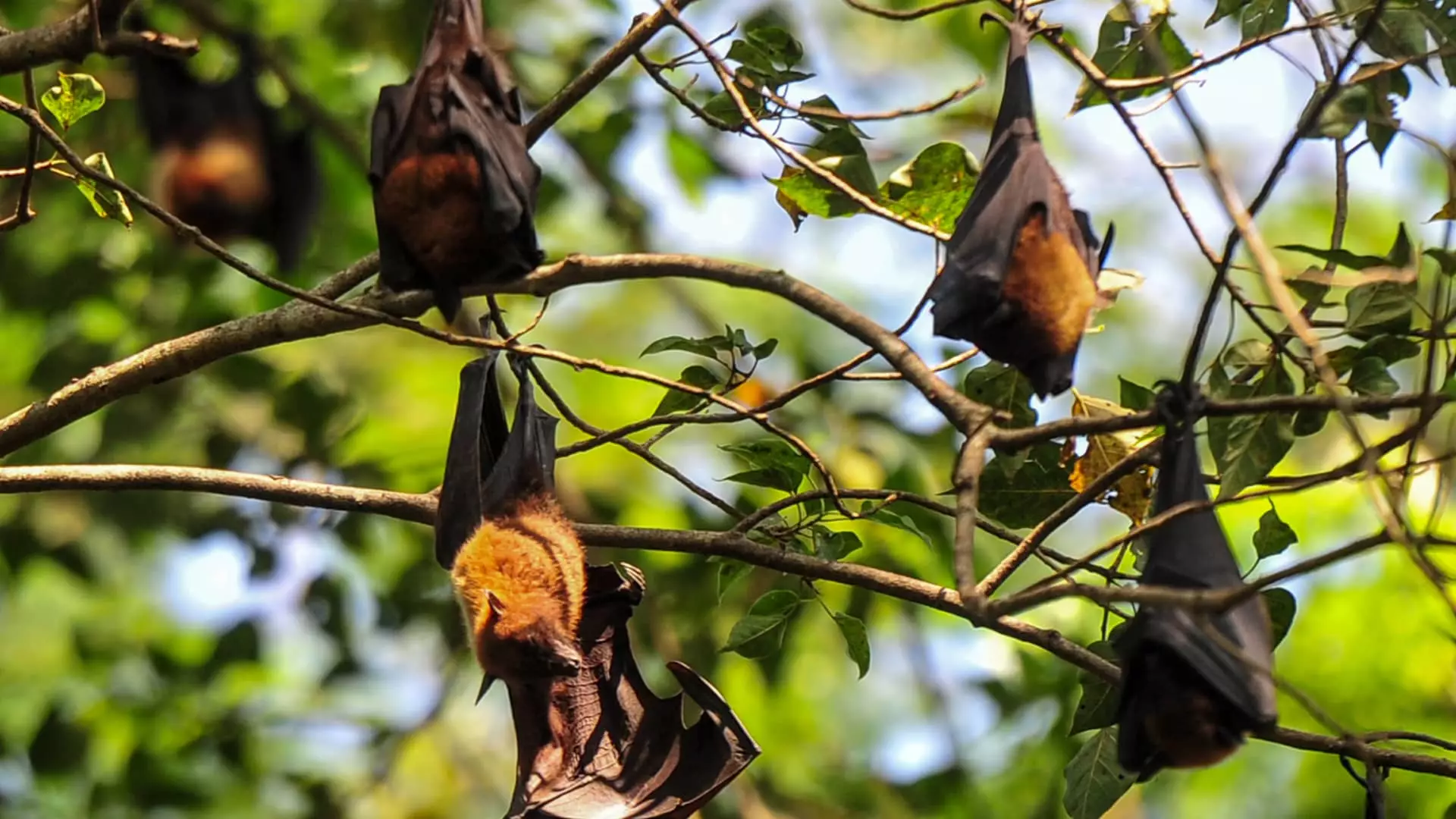The health authorities in the southern Indian state of Kerala are currently on high alert due to the recent resurgence of the deadly Nipah virus. A 14-year-old boy succumbed to the infection over the weekend, prompting an urgent response from the authorities to track down individuals who may have come into contact with the virus carrier. The state’s Health Minister, Veena George, has confirmed that close relatives of the deceased teenager have tested negative for the virus. However, precautionary measures such as wearing masks in public spaces remain in place as a preventive measure.
Kerala’s health minister has revealed that 60 individuals have been identified as high-risk contacts of the infected teenager and are currently undergoing testing for the Nipah virus. The Nipah virus, known for its high mortality rate of up to 75%, poses a significant public health threat. This zoonotic virus is transmitted to humans from animals such as fruit bats and pigs, causing a severe brain-swelling fever that can be fatal.
According to Dr. Roderico H. Ofrin, the World Health Organization’s representative to India, the risk of further transmission of the Nipah virus in Kerala is currently deemed low. Active contact tracing efforts have been implemented by the Kerala government to identify and test individuals who may have been in close contact with the infected teenager. While the Nipah virus outbreak in Kerala is concerning, the transmission dynamics and current assessment suggest a limited risk of further spread.
The recurrent outbreaks of the Nipah virus in Kerala can be attributed to a combination of factors, as highlighted by Dr. Ofrin. Extensive urbanization and deforestation in the region over the years have created favorable conditions for the emergence of zoonotic diseases such as Nipah. Despite the challenges posed by these environmental changes, Kerala’s robust public health system has been instrumental in detecting and responding to suspected cases promptly.
India’s National Centre for Disease Control, responsible for leading outbreak responses, faces challenges in addressing the Nipah virus outbreak due to limited resources and infrastructure. Efforts to enhance surveillance, testing, and contact tracing are crucial in containing the spread of the virus. The lack of a vaccine or specific treatment for Nipah underscores the importance of preventive measures and early detection to mitigate the impact of the disease.
The ongoing Nipah virus outbreak in Kerala underscores the need for coordinated efforts at the local, national, and international levels to prevent and control the spread of zoonotic diseases. Public health measures, community engagement, and research are vital components in addressing the challenges posed by emerging infectious diseases like Nipah. As the situation in Kerala unfolds, continuous monitoring and rapid response remain pivotal in safeguarding public health and preventing future outbreaks.


Leave a Reply